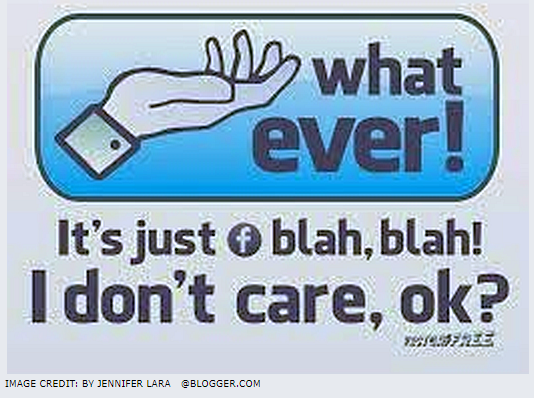Something terrible has befallen “Hello!” and “Whatever” as greetings, and it’s a wonder if we can still reverse their downward spiral in recent years in becoming hallmarks of rudeness. “Hello!” is now the ultimate public putdown, as when a Manila TV talk show host habitually used it a few years back to bludgeon a guest in the sense and tone of “What you say is nonsense so you must be out of your mind!” On the other hand, the pronoun “whatever”—in in better days a respectable word for uncertainty—is now the slashing verbal equivalent of a sneer, as when a teenage son or daughter uses it to summarily dismiss parental advice in the sense of “Go to hell with whatever you want!”

But it would be such a pity if we throw “Hello!” to the gutter for all time. Many shades better than the juvenile sounding “Hi!”, this greeting has been a faithful handmaiden to the telecommunications age since it was first pressed into service as a telephone salutation on August 15, 1877 by the great inventor Thomas Edison. The device was getting popular and users desperately wanted a quick, more pleasant way to start phone conversations and answer calls.
Of course, it wasn’t Edison who had invented the telephone but his archrival, Alexander Graham Bell, but Edison (he invented the incandescent lamp) wasn’t happy with the salutation that Bell had coined for its use:
“Ahoy, ahoy!” Bell was supposed to have adapted the greeting from the Gaelic of his native Scotland or from the nautical
“Ahoy.” But the greeting, close in meaning to the Filipino’s shrill and impolite
“Psst! Psst!”, flopped because people just hated its uncivilized sound. In its place, Edison thus endorsed the use of “Hello!” in a letter to the president of the company that operated the telephone service. This suggestion was accepted. “Hello!” caught the people’s fancy and it displaced
“Ahoy, ahoy!” for keeps.
We must understand that “Hello!” wasn’t just one of those spur-of-the-moment coinages that get into the language. People in those early days had actually experimented with many telephone salutations: “Who are you?” “What is wanted?” “Are you there?” “Are you ready to talk?” But they all sounded crude, impolite. Bell’s
“Ahoy, ahoy!” was even cruder. Even by today’s standards, Edison’s “Hello!” would have won hands down over all of them. (The word itself is believed to have come from
“Halloo!” a greeting used in the 1870s to call ferryboat operators to service.)
“Hello!” eventually spilled over into other social usage, of course, particularly to express surprise when people met unexpectedly, but this extended usage did not detract from its pleasantness and civility. Its fall into disrepute began only in recent years, when American TV show anchors and talk show hosts started using it to strongly disagree with something said by someone on or off camera. A number of their Philippine counterparts quickly adopted this affectation; the female host of a late-night TV talk show, in particular, developed the habit of breezily hollering “Hello!
Ano na naman ba ’yan?”, which roughly translates to “What nonsense are you saying this time?” This not only humiliated the guest but also insulted the intelligence of the viewers.
The problem with “Whatever!” is an aggravation that’s only a trifle less serious than that of “Hello!” The first time a daughter used it many years ago in talking back to her parents, violent accent on the first syllable, the father’s first impulse—he curbed it—was to clamp her mouth and scrub it with brush and soap water (she’s infinitely more civilized now, the father says with pride). But he still thinks “Whatever!” doesn’t deserve such shabby treatment; he tells me that “Do whatever you want!” would be a great improvement. He says though that he'd much prefer the wistful meaning of “whatever”—“
Come what may”—as in that haunting duet by the ill-fated Satine and her lover Christian in Baz Luhrmann’s film
Moulin Rouge over two decades ago.
Read this essay and listen to its voice recording in
The Manila Times:
The problem with “Hello!” and “Whatever!”This is a condensation of an 814-word essay in the author’s book English Plain and Simple: No-Nonsense Ways To Learn Today’s Global Language
. Copyright ©2008 by the Manila Times Publishing Corporation. (Next:
“Used to” and other grammar puzzlers) September 14, 2023
Visit Jose Carillo’s English Forum, http://josecarilloforum.com. You can follow me on Facebook and Twitter and e-mail me at j8carillo@yahoo.com.